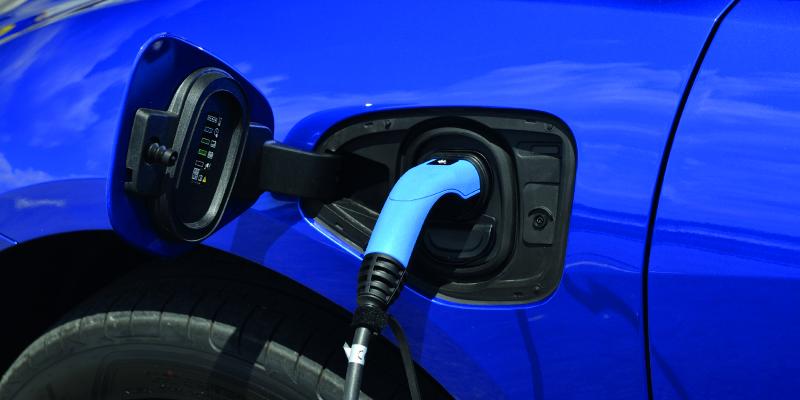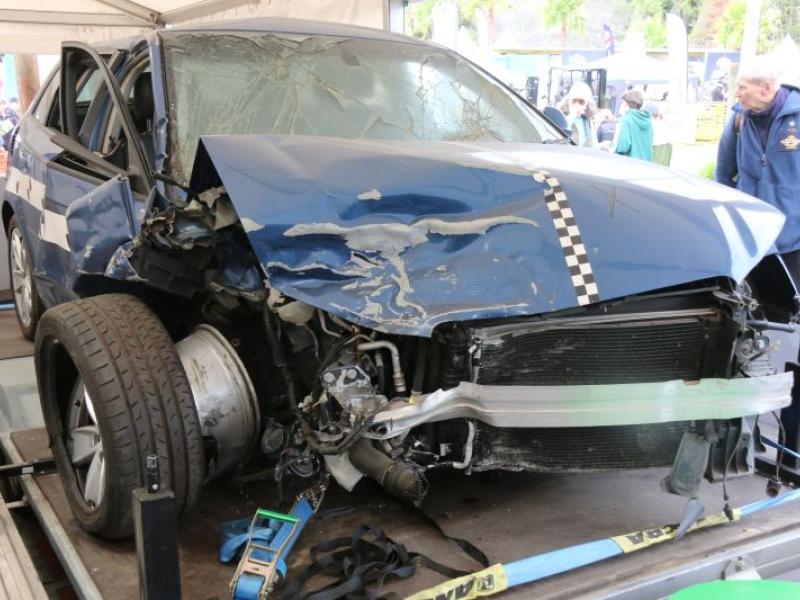F
leet management does not stop evolving.
While technology keeps changing, the vast and nebulous subject of fleet management will continue to change with it, requiring the practitioners of the art to adapt from what once may have seemed a clearly defined career to an interesting and more challenging role.
There are some core competencies which will always be integral to fleet management: vehicle acquisition, maintenance, utilisation and disposal, driver management, policy development and the overall implementing of cost saving measures as they pertain to fleet operations.
However, in today’s world, the role of the fleet manager is vastly more complex, and as technologies advance, fleet management becomes well, let’s just say it aint for the faint of heart.
There is in fact, a degree in fleet management from Swinburne University in Australia, testament to the academic nature of the subject.
In the real world, fleet management is largely defined by the fleet manager, inasmuch as it can be a role that’s as big as you want to make it – or more accurately – how big your FCO or CEO allows you to make it.
You can – for example – avoid the finer points of FBT computation by cleverly designating that an accounting role, but you do have to know a little bit about it.
What is hard to avoid for a fleet manager is the management of vehicles. You do need to know a little more than that’s a red car, not a blue one.
This sounds funny, but with the contemporary vehicle having all the features it does, it can be quite bewildering determining the best vehicle for the job and what should be the simplest aspect of fleet management: vehicle acquisition, can be a daunting task.
The first base of fleet management has become one of the most complex in recent times. First, there are a wealth of vehicle choices out there, ranging not only from preferred brands, but now differing engine types with ICE (Petrol or Diesel), EV, PHEV, hybrid and quite likely hydrogen sooner rather than later to consider.
Then there’s fit-for-purpose assessment, new tech familiarisation for your drivers, specific vehicle policy considerations, total cost of ownership calculation, fitout and signage organisation, administration (WoFs/CoFs/registrations/RUCS, license checks) and this all comes under what is so casually defined as vehicle acquisition!
Of course, it is also possible to embrace the largest part of fleet management while specialising in one or two aspects of the role, then outsourcing the others to experts or to proven technology, available through specialised providers.
Most already in a fleet manager’s position will likely be finding their job description changing the longer they stay within the role.
This means it becomes even more imperative to recognise the aspects of fleet management you don’t know in order to find the right partner to help smooth out the rough edges.
On the following pages, you will find a number of organisations who know about and can advise you on general and specific elements of the role to help you become a master of fleet management.






